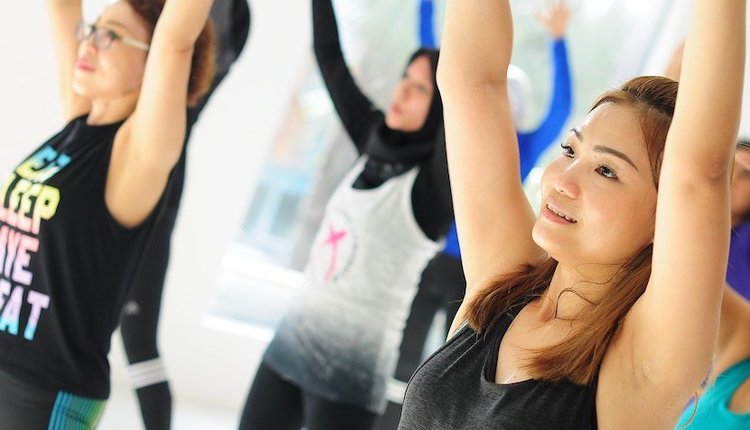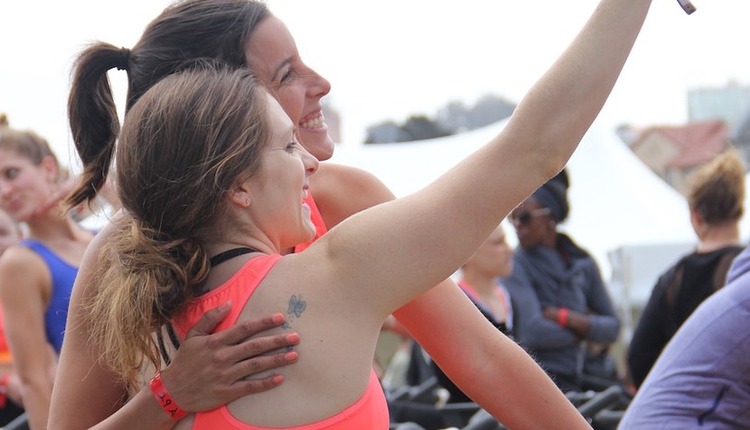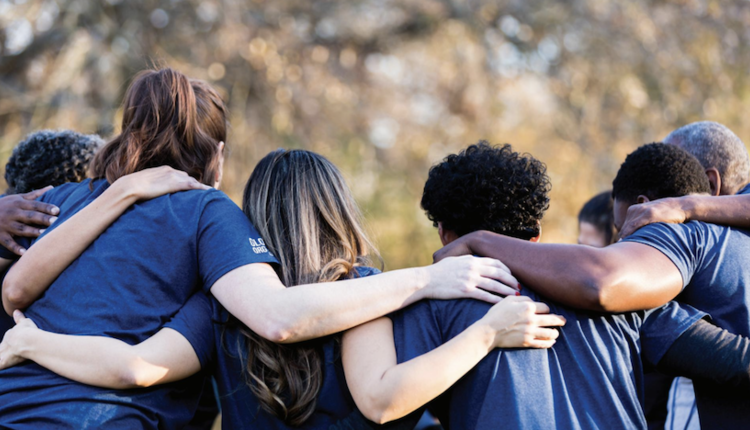The fitness industry is moving into a tremendous epoch. The opportunity to shift the tide to a more diverse and inclusive industry is right now. Whether you are on the front lines as an employed personal trainer, studio manager, health club director or business owner, you are sitting in the wake of a unique moment. Surely, we are in this industry because we enjoy health and wellness, helping others, making money and/or pursuing our passion. As an Executive Director of a large health club and an African American, I have experienced, first-hand, the need for continuing positive change. There is a simple way to state this. A more diverse, equitable and inclusive (DEI) industry opens the doors to greater business opportunity, improved work culture and a more powerful purpose to stand behind.
Sheldon McBee MS, is an Executive Director for Universal Athletic Club based in Lancaster, PA. He has a Masters in Degree in Human Nutrition, is an ACE certified Personal Trainer, and has over 20 years of experience in health and fitness. Sheldon is an experienced international presenter, lecturer, business consultant, fitness content developer, and personal training director. He has presented at IHRSA, IDEA, SCW, CanFitPro, and has been featured in numerous industry publications. He currently sits on the CanFitPro and Club Solutions Magazine Advisory Panels.
In the prior decade, the brick-and-mortar fitness industry was thriving — a growing market, more competitors, increased check-ins and growing revenue across multiple business entities. One of the clear signs of a maturing market is segmentation and differentiation. As a fitness professional, manager or owner we know the importance of offering unique services that target a very specific market and solves a very specific problem.
Fast forward to 2020 when decision-makers around the country, and really the world, had to look in the mirror at themselves and their teams to address the issues of diversity, equity and inclusion. Long overdue in our industry. The need to overcome this very real issue is rooted in the history of systemic marginalization of a variety of groups. This includes groups based on religion, disability, age, sexual orientation and most notably, race. As noted earlier, when an industry matures there is segmentation and differentiation. Compound that with increased competition and there is the natural business need to hyper-focus on retaining the clients and members you have and in turn, monetizing more. The seeds were planted a very long time ago, whether intended or not, for many entrepreneurial fitness professionals, business owners and C-level decision-makers to deemphasize the importance of placing a diverse and inclusive culture at the forefront of their businesses.
There is plenty of room to applaud the industry. There is a ground swell of movement amongst continuing education providers, trade corporations, publications and special interest groups to tackle this issue head-on. That said, there is a danger lurking ahead we should keep front-of-mind. As we move on the other side of the pandemic, we are already seeing the dust clearing and a glance toward the future, including significant increase in gym rejoins, check-ins, and overall gym revenues. The crystal ball points toward wearables, home exercise gyms, gamification, behavior modification, mental health solutions and more.
As the industry moves into 2022 and beyond, the need to differentiate and enter unique segments will only intensify for fitness professionals, especially in traditional gym settings. The time is now to challenge yourself and your team to have a good look at your services and operations to, not only differentiate, but encourage DEI! Can you attract a culturally diverse market? Have you reduced or eliminated barriers for marginalized groups? Have you opened the door for feedback? Do you have a diverse staff and client base? Do you and/or your staff authentically stand behind and believe in a mission that includes DEI?
I encourage you to “trend and blend!” As you are challenged to differentiate to flourish, be mindful to do so, but not at the risk of exclusion. Dare I say you can be exclusive without excluding! Study your target market carefully, gauge the demand based on trends, and make clear and targeted decisions on who you want to serve. It’s a best practice to give a voice to a diverse group who can offer council and feedback. Create a diverse circle of staff, peers and clientele who can regularly audit your mission and vision. As the industry reforms post-pandemic and begins to stand strong again, the opportunity to tap into a more diverse market is not only a growth opportunity but the right thing to do.
















